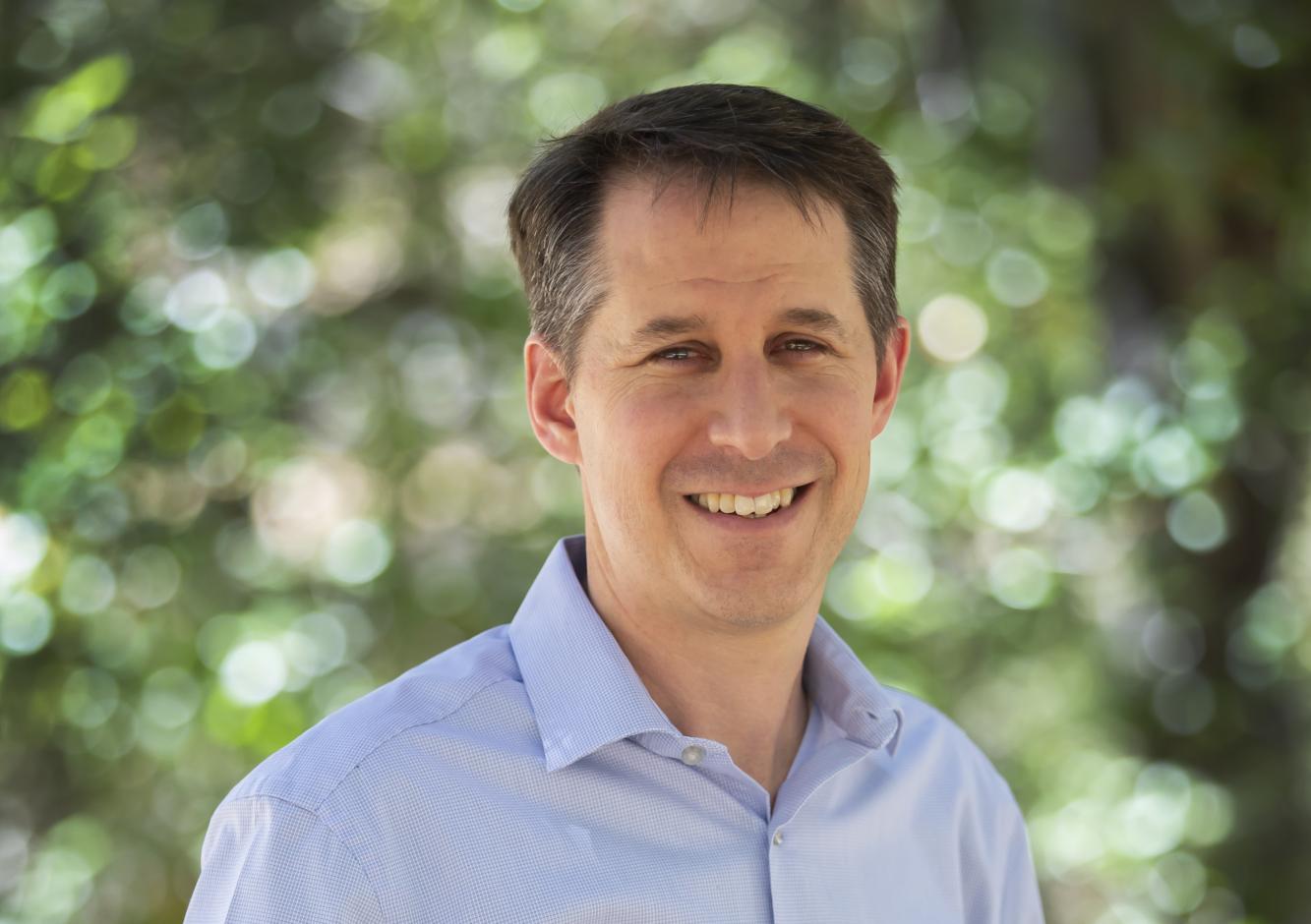Stanford Impact Labs’ Jeremy Weinstein Named Dean of Harvard Kennedy School
The move signals broad buy-in to SIL’s agenda of putting social science to work for society

Jeremy M. Weinstein, professor of political science at the Stanford School of Humanities and Sciences and founding faculty director of Stanford Impact Labs (SIL), will become dean of Harvard’s John F. Kennedy School of Government (HKS) on July 1, 2024.
Weinstein is the Kleinheinz Professor of International Studies at Stanford and a Senior Fellow at the Freeman Spogli Institute for International Studies and the Stanford Institute for Economic Policy Research. He is faculty co-director of the Immigration Policy Lab.
An award-winning researcher and teacher with expertise on civil wars and political violence; the political economy of development; democracy and accountability; and migration, Weinstein has also worked at the highest levels of the United States government on major foreign policy and national security challenges.
“Widely respected for his energetic and empowering leadership style, [Weinstein] is responsible for the conception, establishment, and development of major initiatives,” wrote Alan M. Garber, interim Harvard president, in his announcement to the HKS community.
“Jeremy Weinstein has helped Stanford develop, innovate, and deepen forms of social science research that involve the co-creation of questions and projects for generating new knowledge and helping guide solutions to important problems,” notes Debra Satz, dean of the Stanford School of Humanities and Sciences.
“This work has taken root across the university, and we are grateful to Jeremy for not only having the original vision for Stanford Impact Labs (SIL) but also for building a strong team to continue with this work. I want to underscore this point about Jeremy: in addition to being a stellar scholar and teacher, he is a true public goods provider.”
In 2018, Weinstein worked with a team of faculty and staff to design SIL as a cross-university initiative as part of Stanford’s Long-Range Vision to harness the university’s research and education to make a purposeful impact in the world.
Six years later, SIL has invested more than $20M in 32 impact labs working to develop solutions to a wide range of social problems in arenas from health to criminal justice to education. SIL has also trained dozens of faculty in partnership-based, solutions-focused research approaches; supported faculty to take a period of leave-in-service to contribute their skills to government; and launched an undergraduate major to equip students with skills in data science, domain knowledge from the social sciences, and the practical know-how to be problem-solvers in government, business, and the nonprofit sector.
“Stanford has demonstrated extraordinary leadership in accelerating the impact of the social sciences with the creation of Stanford Impact Labs (SIL). It has been my honor and privilege to work with colleagues in designing and building this transformative model of solutions-focused research in higher education,” said Weinstein, who joined the Stanford faculty in 2004.
“I am excited to join the Kennedy School community at a time when the need for evidence-driven solutions to the most difficult social problems has never been more clear. With Stanford’s ongoing commitment to SIL and Harvard’s extraordinary school of public policy, I am optimistic that higher education institutions are rising to the challenge of delivering impactful science that truly serves the needs of communities around them.”
Stanford remains fully committed to SIL’s mission of partnering with communities to put social science to work for society, and the university plans to continue supporting the initiative’s partnerships and investments. Planning for new SIL faculty leadership is underway.
“In collaboration with leaders across the university, Jeremy has carefully developed, nurtured, and positioned Stanford Impact Labs (SIL) as a critical platform for Stanford’s long-term impact,” said Misan Rewane, SIL’s executive director. “Our team is well poised to continue this vital work and grow as a cross-university initiative that illustrates what becomes possible when research is oriented in service of society’s biggest problems.”
